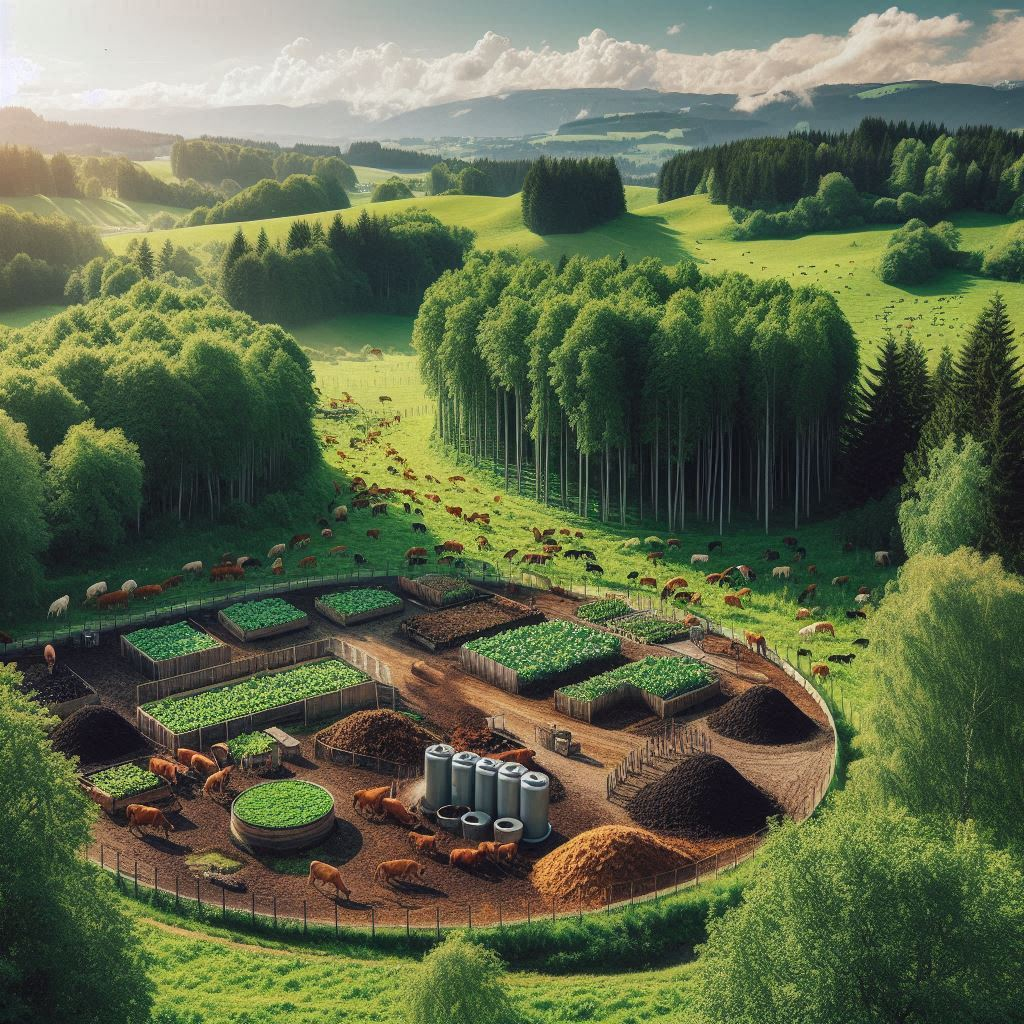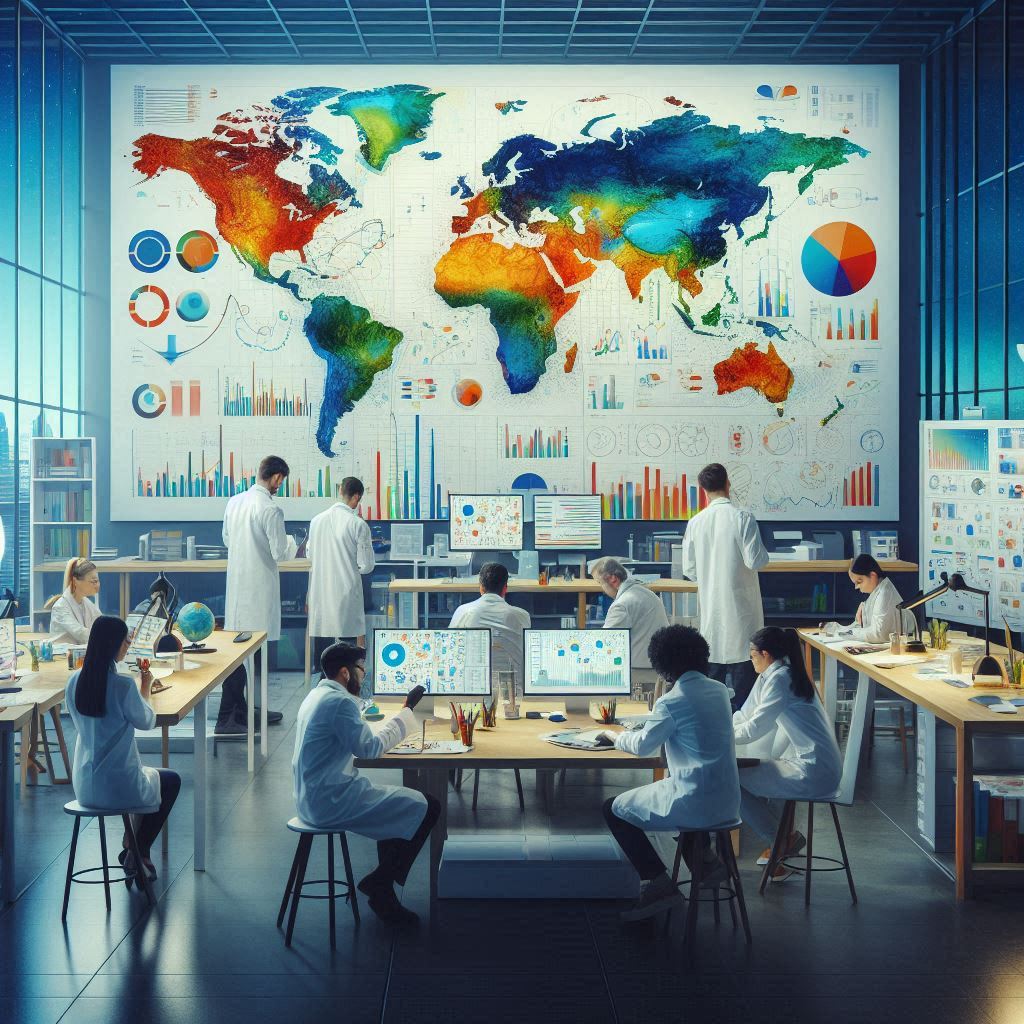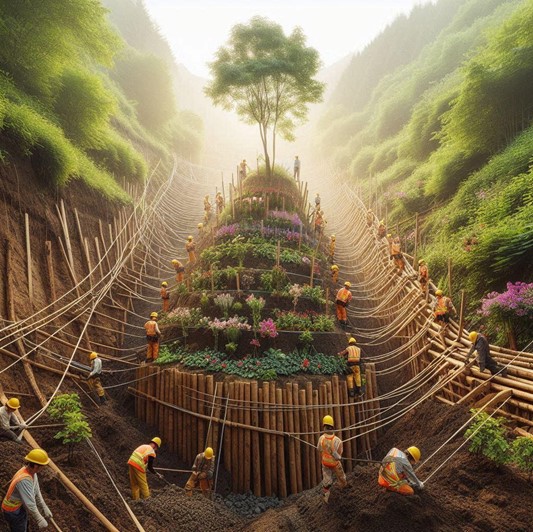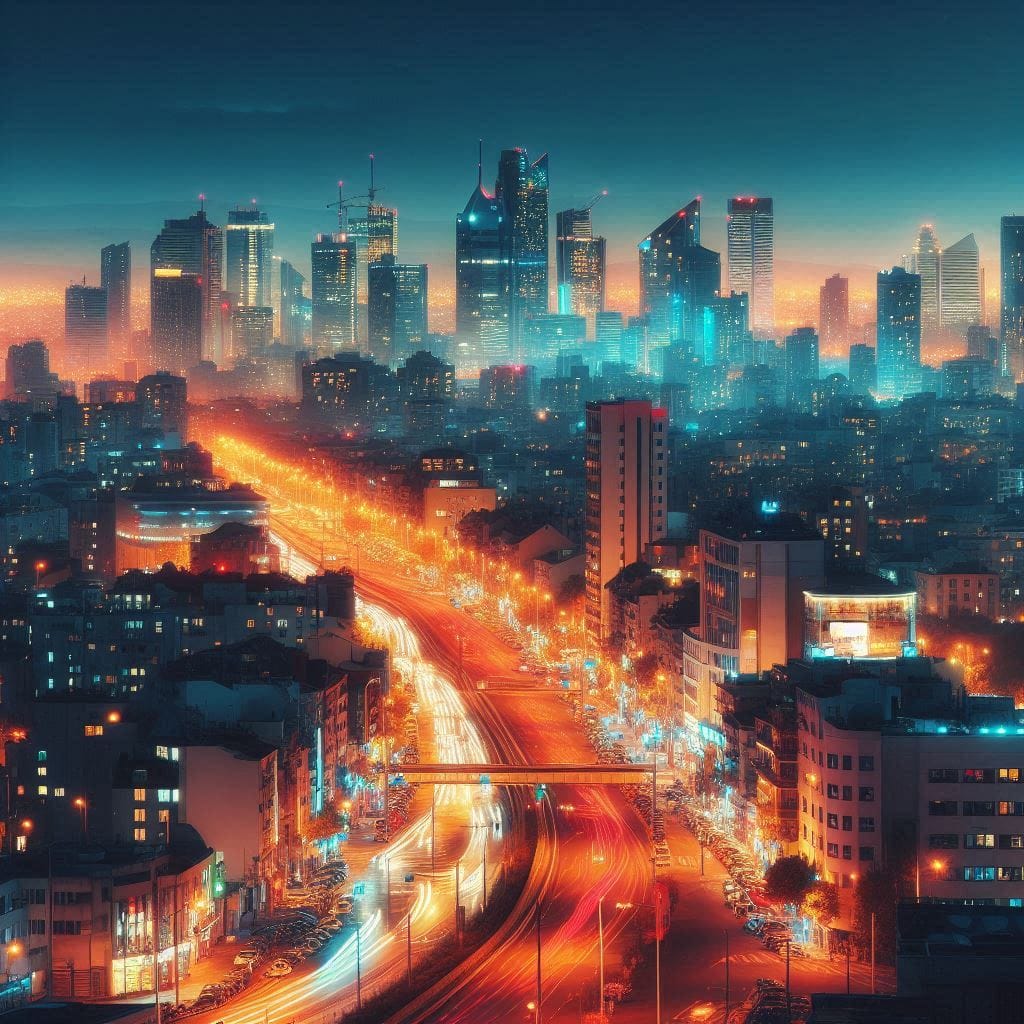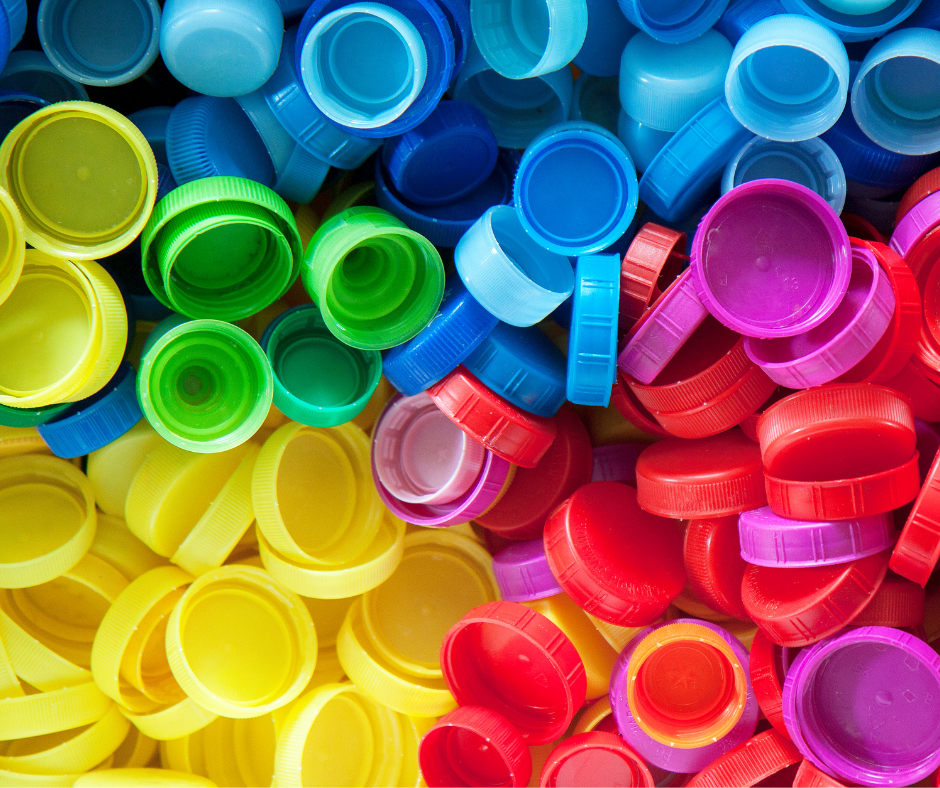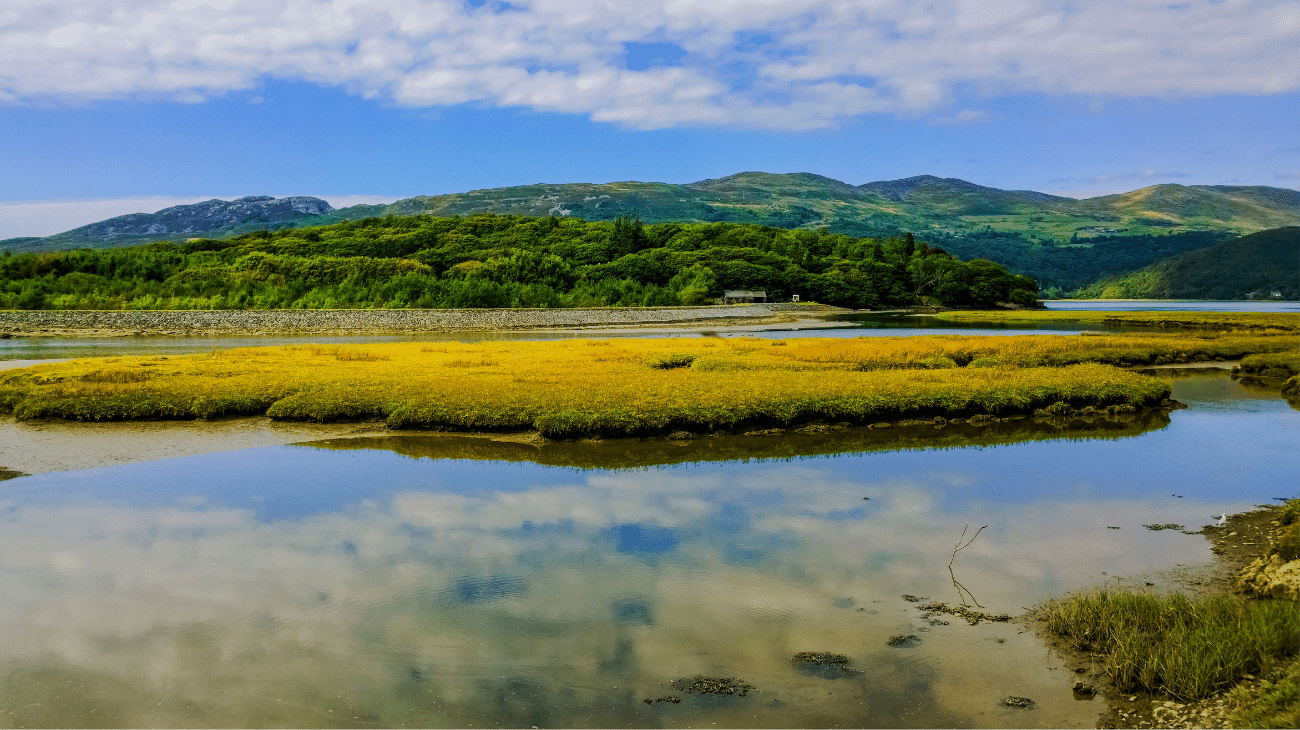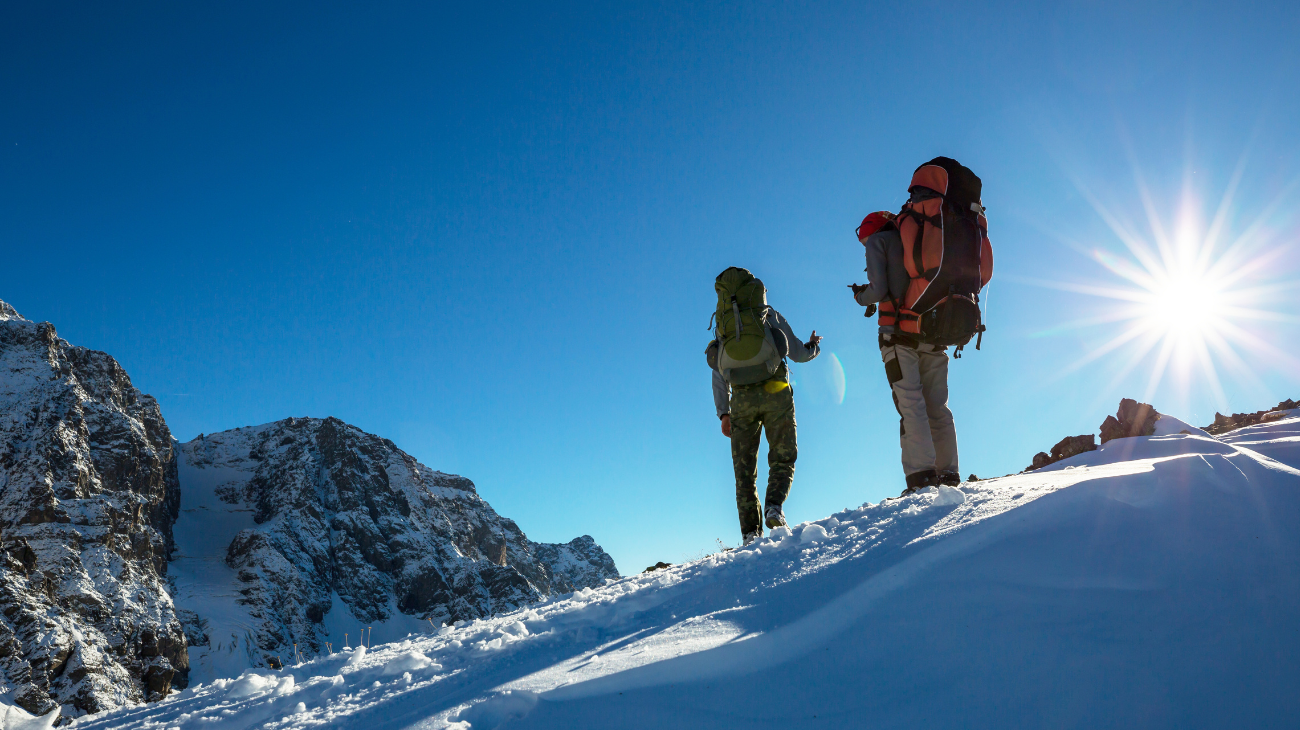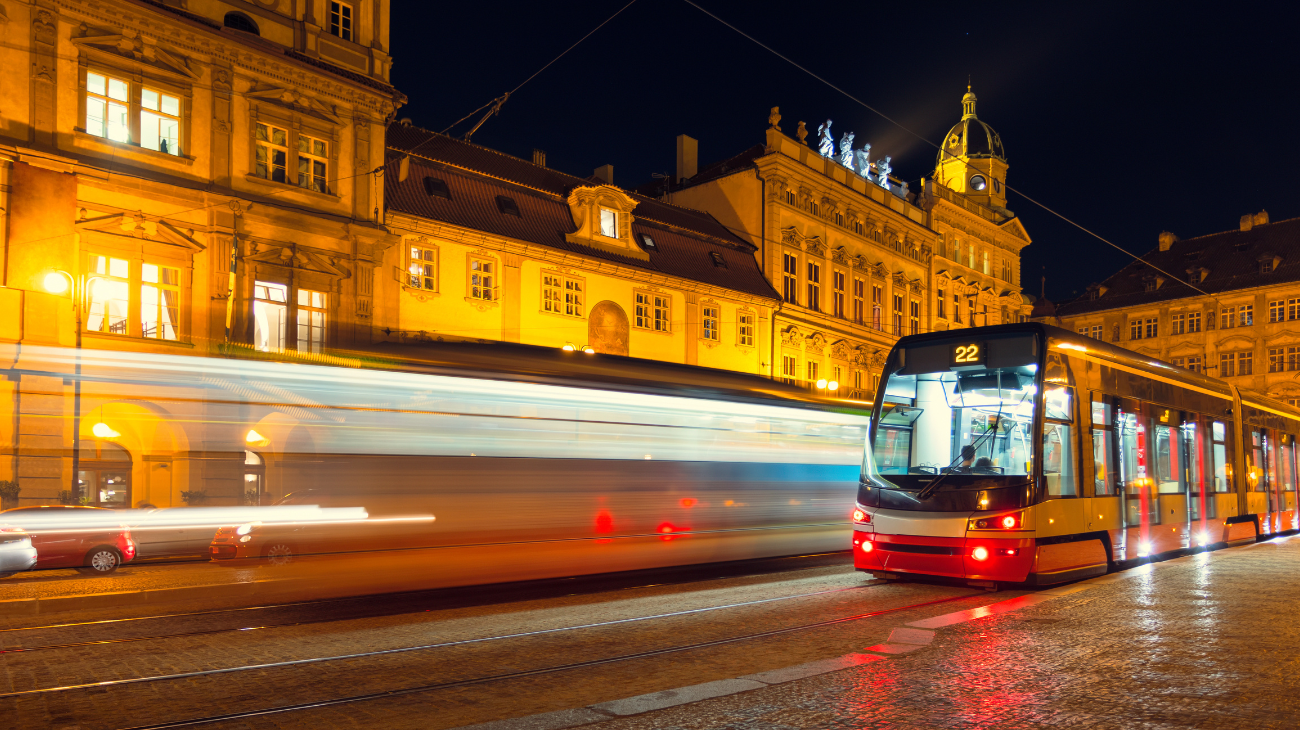CO2
-
Regenerative agriculture
Regenerative agriculture is like a green embrace for the Earth: it not only grows food, but also soil health and biodiversity. Imagine a field where…
-
Planetary boundaries
Crossing planetary boundaries is like building a tower of bricks, if you remove one too many pieces the whole thing collapses! Planetary boundaries are like…
-
Lichens between symbiosis and adaptation
When a fungus and an algae meet, an ecological success story is born: welcome to the fascinating world of lichens! And who would have thought…
-
Naturalistic engineering & hydrogeological instability
Naturalistic engineering is the green answer to the grey problem of hydrogeological instability. Plants are not just for aesthetics; they are the protagonists in this…
-
What’s the air in town?
Imagine you open your window and, instead of being greeted by a wave of smog, you are faced with an orchestra of birds chirping a…
-
Light pollution and responsible lighting
Light pollution is that brilliant phenomenon that turns our cities into mini-Las Vegas. Nocturnal animals find themselves partying in the spotlight when they would prefer…
-
Alternatives to plastic and global reduction experiences
The use of plastic has become ubiquitous in our daily lives, but its impact on the environment is increasingly evident. Plastic is versatile, but its…
-
World Wetlands Day and their future
2 February marks World Wetlands Day, an important date to raise awareness of their future and the vital role these ecosystems play in biodiversity and…
-
Adapting mountain tourism to snow shortages
Winter tourism, with its focus on snow sports and outdoor activities, is a key component of the economy of many mountain regions. However, the impact…
-
Electricity and mobility: the state of the art
These days we talk about demographic winter: how much does Italy’s ageing population weigh on electric mobility and changing habits? And the cost of the…
